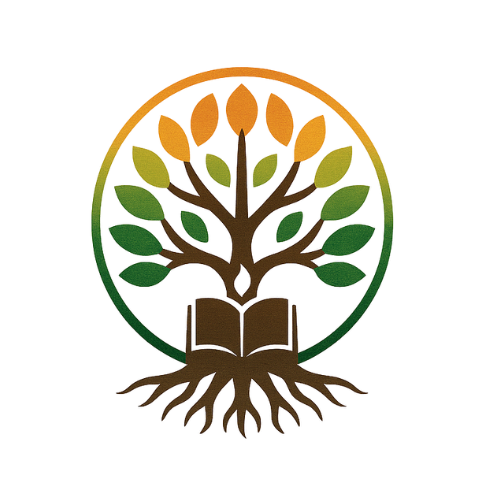Indian National Congress: Difference between revisions
Appearance
Created page with "{{#seo: |title=Indian National Congress – India's Oldest Political Party |description=The Indian National Congress (INC) is one of India’s major political parties and played a central role in the Indian independence movement and post-independence governance. |keywords=Indian National Congress, INC, Congress Party, Indian politics, Indian independence, political parties India }} '''Indian National Congress''' (INC), often called the '''Congress Party''', is one o..." |
Knowlepedia (talk | contribs) No edit summary |
||
| (2 intermediate revisions by one other user not shown) | |||
| Line 1: | Line 1: | ||
{{notability}} | |||
{{#seo: | {{#seo: | ||
|title=Indian National Congress – India's Oldest Political Party | |title=Indian National Congress – India's Oldest Political Party | ||
| Line 74: | Line 75: | ||
== References == | == References == | ||
<references /> | <references /> | ||
[[Category:Articles needing expansion]] | |||
[[Category:Articles needing more references]] | |||
[[Category:Articles needing infobox]] | |||
Latest revision as of 10:07, 23 July 2025
|
The topic of this article may not meet Knowlepedia’s notability guidelines. |
Indian National Congress (INC), often called the Congress Party, is one of the oldest and most influential political parties in India. Founded in 1885, it was the principal leader of the Indian independence movement and has played a major role in shaping modern India.[1]
History
The INC was founded on 28 December 1885 by Allan Octavian Hume, along with Dadabhai Naoroji and Dinshaw Wacha, in Bombay (now Mumbai).[2]
Pre-Independence Era
- The party served as a platform for nationalist leaders like Bal Gangadhar Tilak, Gopal Krishna Gokhale, and Annie Besant.
- After 1920, under Mahatma Gandhi's leadership, the INC spearheaded mass movements like:
- Non-Cooperation Movement (1920) - Civil Disobedience Movement (1930) - Quit India Movement (1942)[3]
- Played a major role in negotiations for Indian independence from British India.
Post-Independence
After 1947, the INC became the dominant political force in India, governing at the central level for most of the period until the late 1980s.
Key Leaders
- Jawaharlal Nehru – India’s first Prime Minister (1947–1964)
- Indira Gandhi – First woman Prime Minister (1966–1977, 1980–1984)
- Rajiv Gandhi – PM (1984–1989)
- Sonia Gandhi – Longest-serving party president
- Rahul Gandhi – Former party president and MP
- Mallikarjun Kharge – Current party president (as of 2024)
Party Symbol and Ideology
- Symbol: The hand (open palm)
- Ideology: Centre-left, Social democracy, Secularism, Democratic socialism[4]
- The INC supports:
- Welfare state policies - Minority rights - Democratic governance - Economic reforms with a human face
Electoral History
- Dominated Indian politics for four decades after independence.
- Faced major defeats in 1977 (post-Emergency), 1996, 2014, and 2019.
- As of 2024, the INC is the principal opposition party in Parliament and leads the Indian National Developmental Inclusive Alliance (I.N.D.I.A.) against the Bharatiya Janata Party.[5]
Wings and Organizations
- Indian Youth Congress (Youth wing)
- National Students' Union of India (NSUI)
- All India Mahila Congress – Women’s wing
- Seva Dal – Volunteer wing
- Congress Working Committee – Highest decision-making body
Criticism and Challenges
- Accusations of dynastic politics
- Electoral decline post-2014
- Internal leadership crisis and factionalism
- Accused of policy paralysis during UPA-II (2009–2014)
Contributions
- Instrumental in framing the Constitution of India
- Led reforms such as:
- Green Revolution - Bank Nationalization - Right to Information Act - MNREGA
- Helped institutionalize democracy, secularism, and federalism in India

